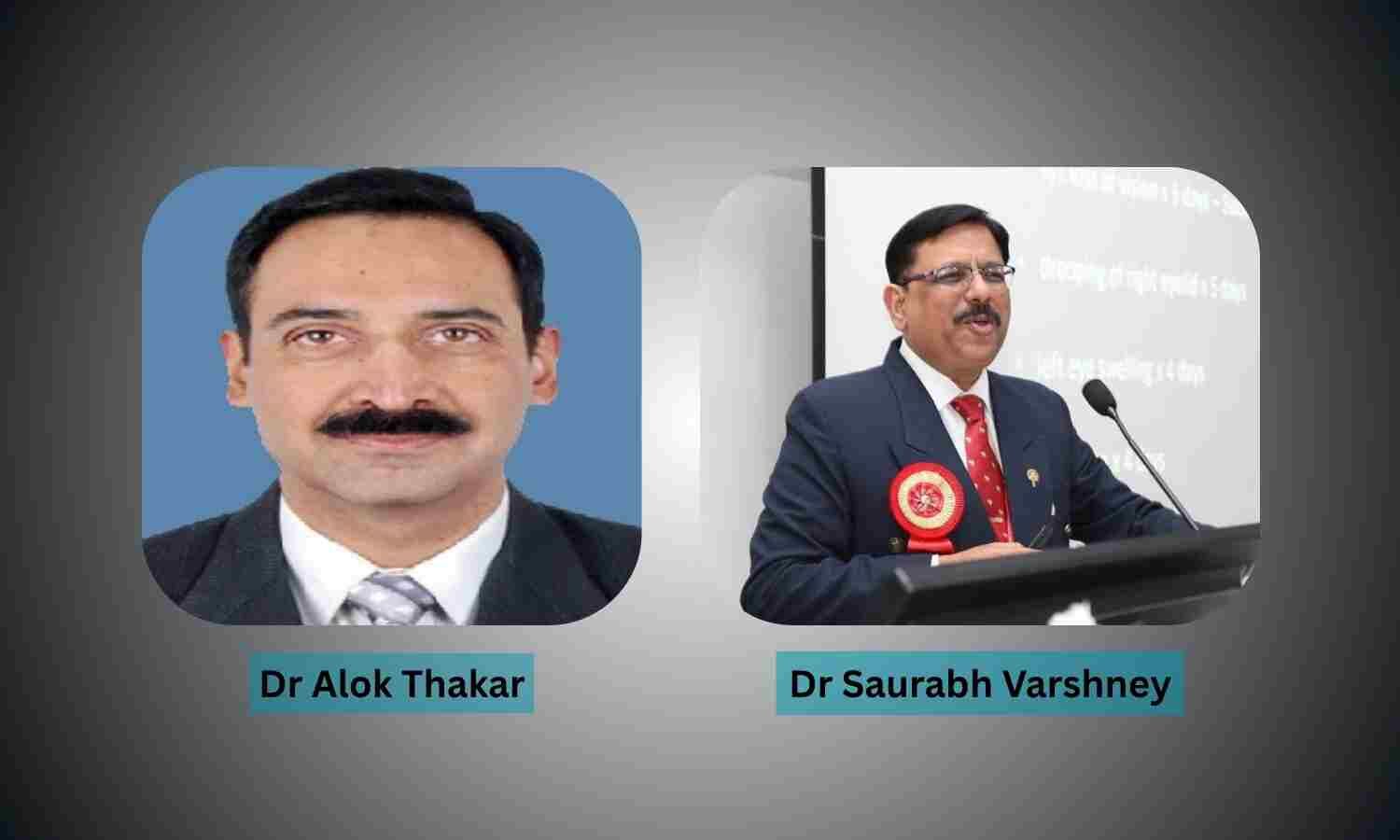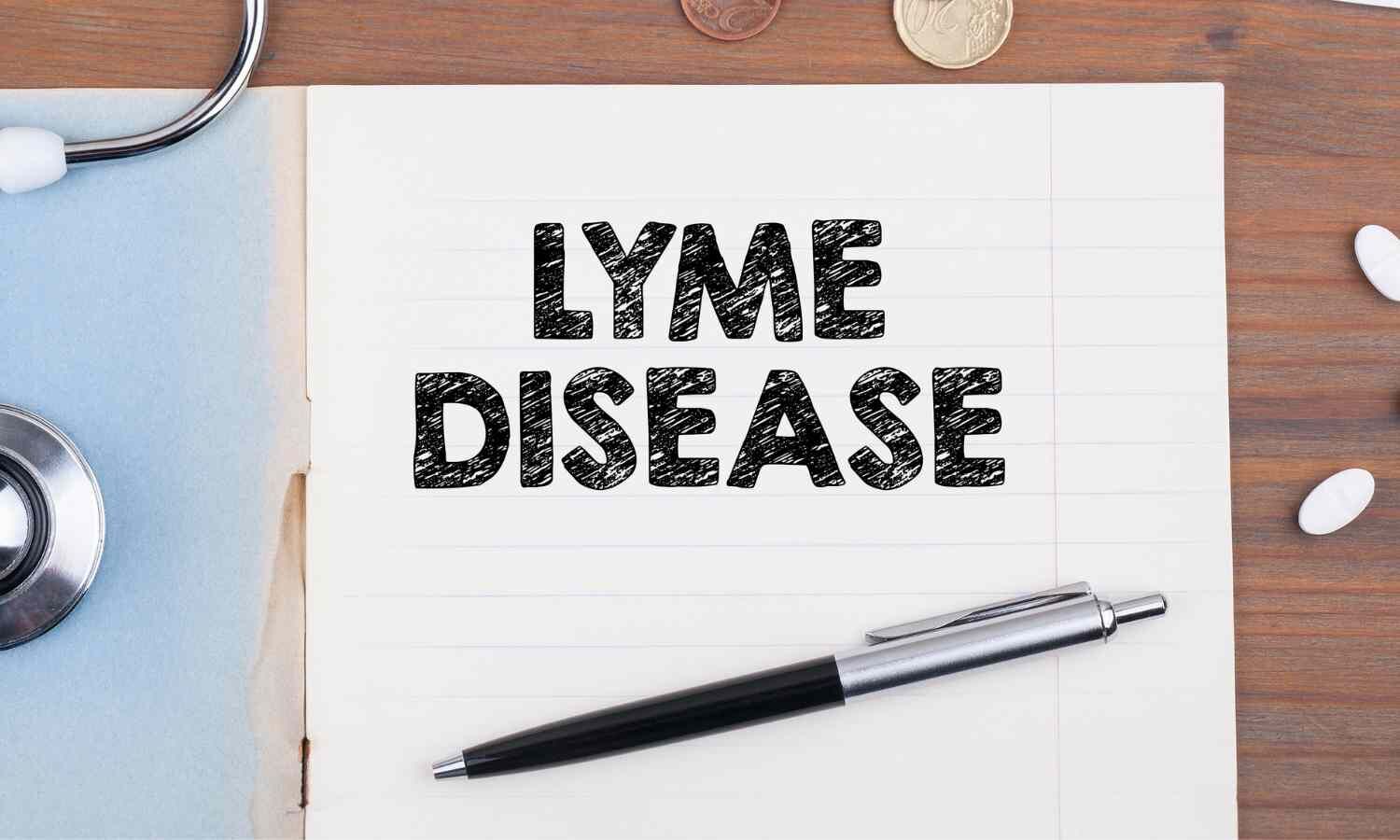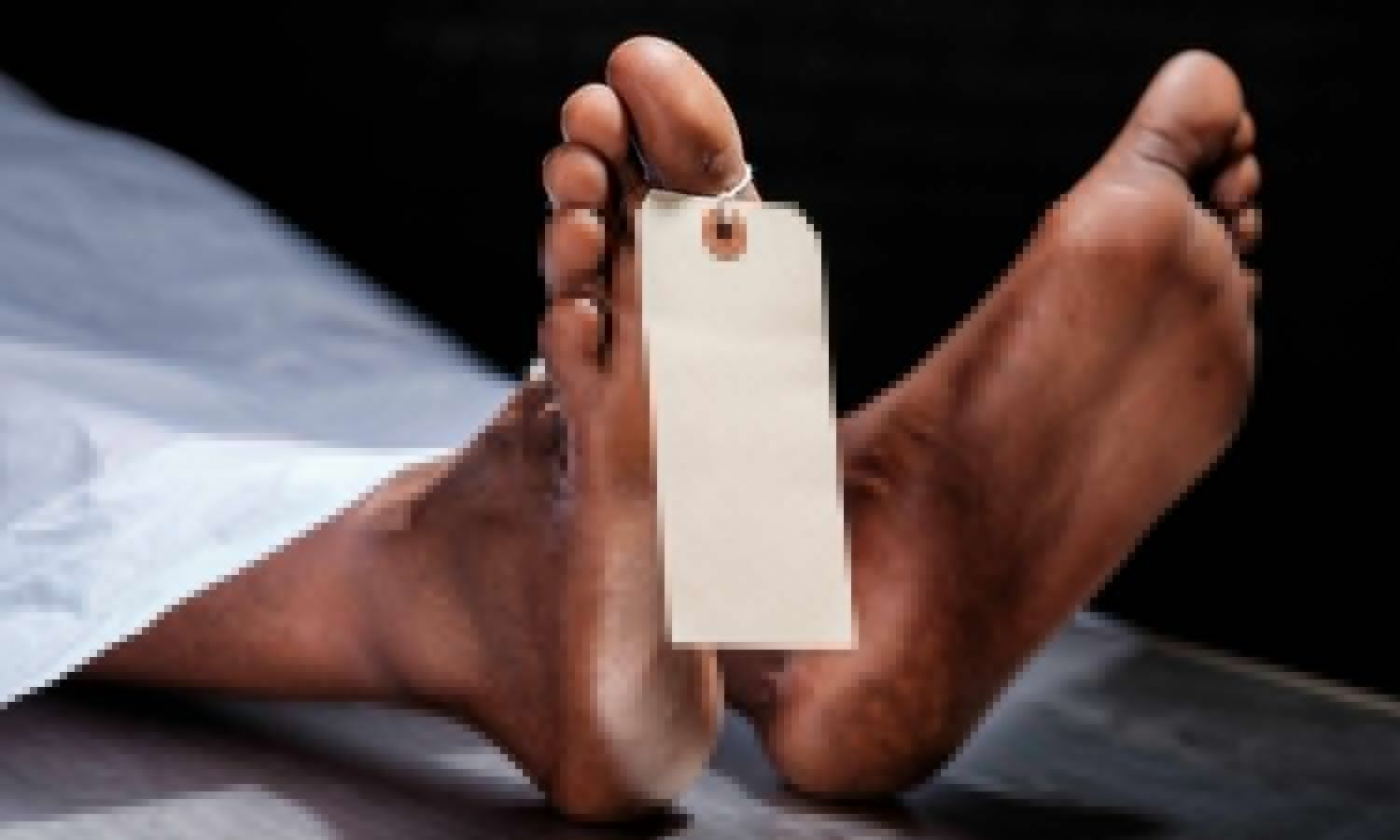Group representing counsellors and psychotherapists calls for Ministers to intervene to halt new criteria being implemented
New standards for counselling and psychotherapy threaten the safety of patients at a time when mental health services are already under severe strain, a representative body has said.
The Irish Association for Counselling and Psychotherapy (IACP) has urged the Minister for Health to pause a new registration process for the professions so that key issues can be addressed.
The call comes in the wake of regulator Coru publishing new standards and criteria for counsellors and psychotherapists in July. These included the raising of entry requirements for psychotherapists to a Level 9 (masters) qualification.
The IACP said that this creates an artificial divide between psychotherapists and counsellors, who will still require a level 8 (honours) degree. The group also claimed that the new standards cut back on clinical supervision and remove personal therapy as a safeguard during training.
“The IACP urges Minister for Health Jennifer Carroll MacNeill and Minister for Mental Health Mary Butler to intervene with the Coru process so that our serious concerns and those raised by other professional bodies can be addressed,” said the organisation’s chief executive Lisa Molloy.
“The IACP fully supports fair regulation and has been calling for state oversight for many years. But these new rules risk shutting people out of therapy, making waiting lists even longer and leaving the most vulnerable without the help they need.”
The IACP represents 6,500 counsellors and psyhotherapists. It described as false a distinction made by Coru between the two professions – with counsellors portrayed as as treating only ‘mild to moderate’issues and psychotherapists as addressing ‘moderate to severe’ presentations.
The group also fears that new standards will create an impression that the public has to ‘diagnose’ the severity of their own mental health before seeking help from a member of one of these professions.
This may delay treatment, they believe. If a counsellor is designated to work within a limited scope, there are also concerns of their patients not being able to access onward referral in a timely manner should a mental condition escalate.
They also warn that classifying a person’s mental state as ‘mild’ or ‘severe’ may stigmatise the patient, while more patients being deems to have ‘severe’ issues may face longer waiting times to see a psychotherapist, even when a patient with ‘mild’ problems could be seen sooner by a counsellor.
The IACP has called for the minimum threshold qualification for psychotherapy to remain at Level 8 on the National Framework for Qualifications (NFQ). Many of its members are qualified in both professions, and argues that therapists often used elements of both disciplines when treating patients.
“Mental health care in Ireland is already under huge strain,” added Ms Molloy.
“Despite existing standards being at a high level and appropriate for safe and effective care, Coru has decided to push them even higher, creating needless barriers. If these new standards go unchallenged, it is clients, especially the most vulnerable in our communities, who will pay the price.”










